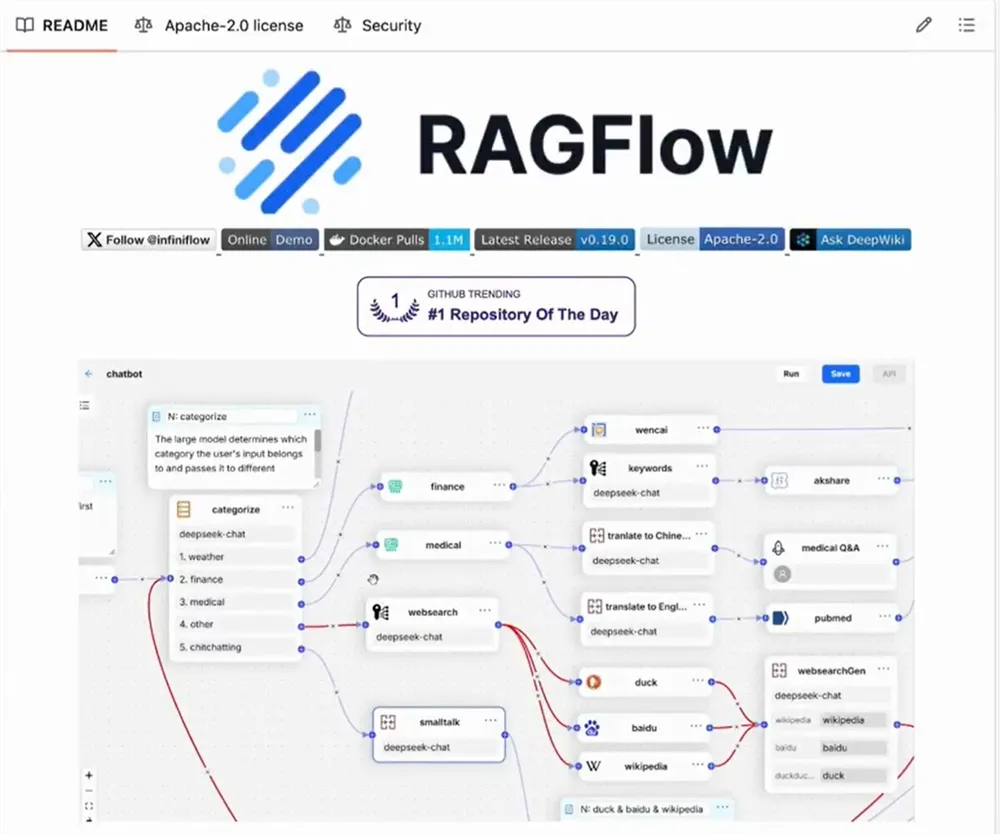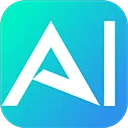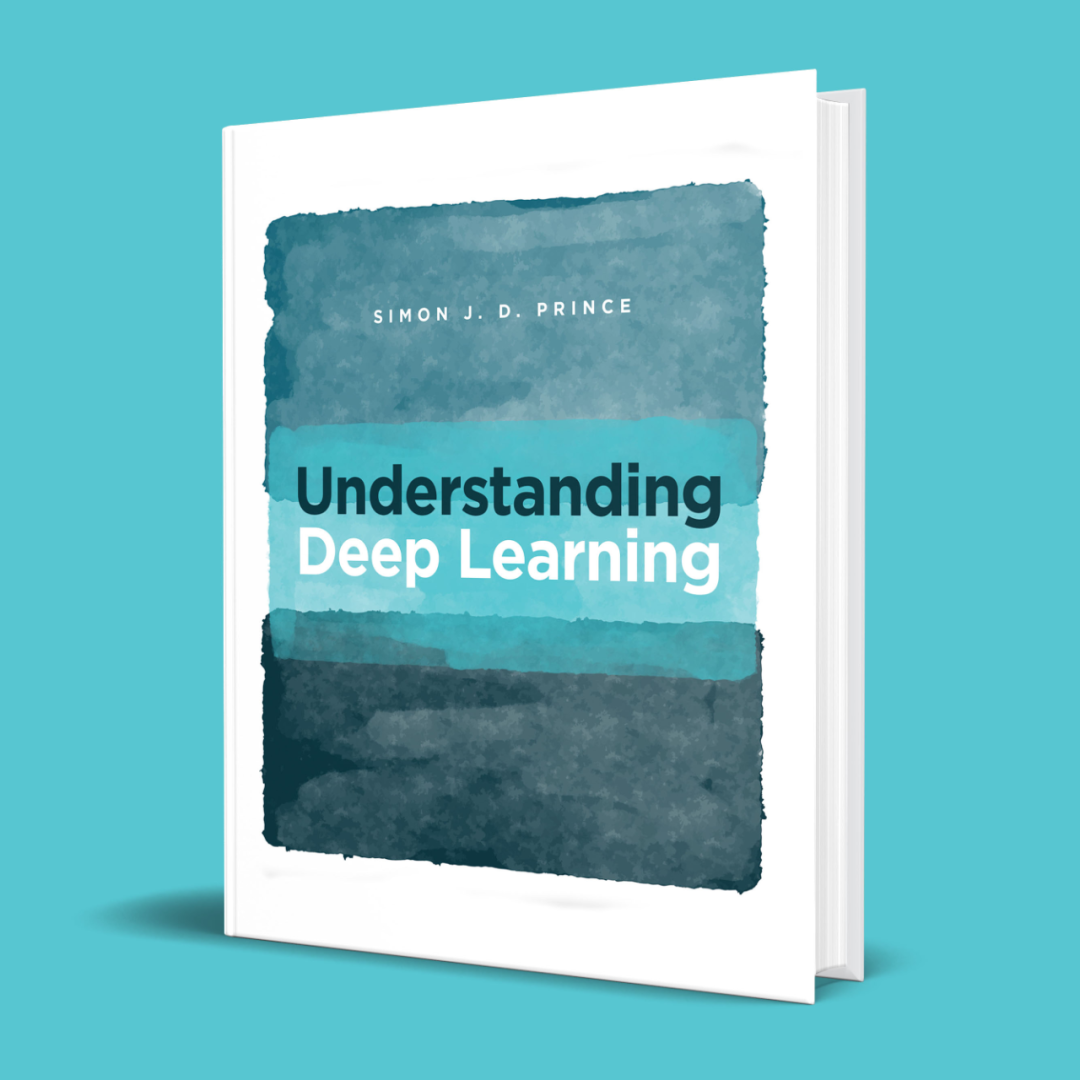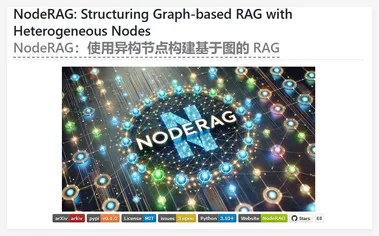Recently, an open-source RAG (Retrieval-Augmented Generation) engine called RAGFlow has garnered significant attention in the industry. This enterprise-level AI tool, based on deep document understanding, offers powerful multimodal data processing capabilities and an efficient workflow, providing businesses with a brand-new solution for handling complex documents and achieving precise question answering.

RAGFlow: A Pioneer in Deep Document Understanding
RAGFlow is a completely open-source RAG engine that focuses on deep document understanding, designed to help businesses and individuals extract valuable information from massive amounts of unstructured data. Unlike traditional keyword-based search methods, RAGFlow combines large language models (LLMs) with advanced document parsing technologies, supporting knowledge extraction from complex format documents such as Word, Excel, PDFs, images, webpages, etc., and provides precise question-answering functions with clear citations.
Its core advantage lies in "high-quality input, high-quality output," through intelligent template segmentation and visual text processing, users can intuitively intervene in the data processing process, ensuring the accuracy and traceability of the search results. The GitHub repository for RAGFlow has received over 55,000 stars, showing the community's high recognition of it.
Core Features: Perfect Combination of Multimodal and Deep Research
RAGFlow sets new benchmarks for enterprise-level RAG workflows through a series of innovative features:
- Multimodal Data Support: Supports processing text, images, scanned documents, structured data, and web pages, suitable for industries like law, healthcare, and finance that need to handle complex documents.
- Intelligent Segmentation and Visualization: Provides multiple template-based segmentation options and supports visual text segmentation, allowing users to intuitively adjust data processing methods and reduce AI hallucinations.
- Web Search and Deep Research: Combining external search tools (such as Tavily), RAGFlow supports "deep research"-like reasoning capabilities, providing real-time external knowledge supplementation for any large language model.
- Efficient Deployment and Integration: Offers lightweight (2GB) and full versions (9GB) via Docker, supporting CPU and GPU acceleration, and seamlessly integrates with enterprise systems through intuitive API interfaces.
- Knowledge Graph and SQL Support: Supports knowledge graph extraction, keyword extraction, and text-to-SQL functionality, further enhancing the flexibility of data retrieval and application.
Technical Highlights: Assurance of Enterprise-Level Efficiency
RAGFlow addresses the limitations of traditional RAG systems through several technological innovations:
- Deep Document Understanding: Utilizes advanced document layout analysis models (such as DeepDoc) to extract key information from complex format unstructured data, acting as a "probe" in the data ocean.
- Multiple Recall and Re-ranking: Uses hybrid retrieval techniques combining full-text search and vector search, optimizing the accuracy of search results through PageRank scoring.
- Local Deployment: 100% open-source, supports local deployment, default data storage using Elasticsearch, and recently added support for the Infinity storage engine (except for Linux/arm64), ensuring data security and privacy protection.
- Flexible Configuration: Supports various large language models (such as Deepseek-R1, Deepseek-V3) and embedding models (such as bce-embedding-base_v1), allowing users to choose freely according to their needs.
Application Scenarios: Comprehensive Empowerment from Individuals to Enterprises
The flexibility and powerful features of RAGFlow make it show broad application potential in multiple fields:
- Enterprise Knowledge Management: Helps enterprises quickly extract key information from massive documents, optimizing internal search and decision support systems.
- Customer Service Automation: Through precise question-answering and citation support, improves customer service efficiency and reduces human intervention.
- Academic and Legal Research: Supports deep parsing of complex documents and knowledge graph construction, helping researchers quickly locate key information.
- Multimodal Content Processing: In fields like healthcare and finance, RAGFlow can process non-textual data such as scans and images, expanding the boundaries of AI applications.
Challenges and Future: The Evolution Path of RAG 2.0
Although RAGFlow has achieved significant technical breakthroughs, it still faces some challenges. For example, the hardware requirements for multimodal data processing may increase the deployment costs for small and medium-sized enterprises. Additionally, further optimizing the extraction efficiency of knowledge graphs and the suppression of model hallucinations is also a key direction for future development.
AIBase analysis believes that RAGFlow represents the advancement of RAG technology into the "2.0 era." Its open-source nature lowers the technical threshold, enabling small and medium-sized enterprises and developers to quickly customize AI solutions. In the future, with increasing community contributions and continuous iterative updates, RAGFlow is expected to become a standard tool in enterprise AI workflows.
Community and Ecosystem: The Rise of Open Source Power
As a 100% open-source project, RAGFlow has attracted widespread participation from global developers through the GitHub platform. Its official demo (demo.ragflow.io) is already open for trial, showcasing its ability to process complex documents. Recent updates include support for local LLM deployment (such as Ollama, Xinference), code execution components, and legal document-specific layout recognition models, demonstrating its vitality for rapid iteration.
Conclusion
RAGFlow redefines the future of enterprise-level RAG workflows with its deep document understanding, multimodal support, and open-source advantages. From intelligent question answering to deep research, this engine provides efficient and reliable AI solutions for enterprises and developers.
Project Address: https://github.com/infiniflow/ragflow



